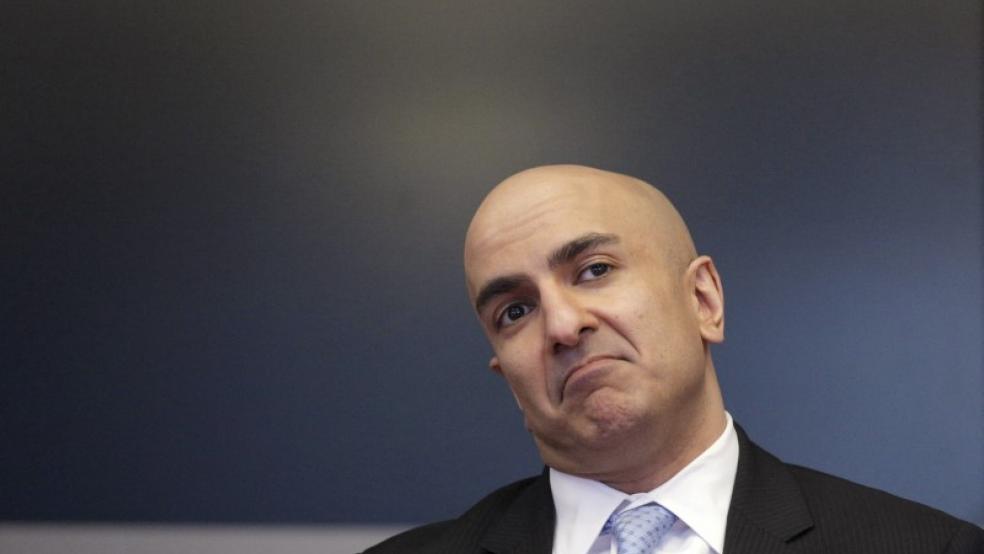WASHINGTON (Reuters) - The U.S. labor market may be slowing and the economy is still too fragile for a rate hike, Federal Reserve Governor Lael Brainard said in remarks that sketched out a broad case for caution at the U.S. central bank.
Brainard, who for a year has argued the Fed should be careful in raising rates while the rest of the world is struggling, carried her argument in new directions at a lunch address to the Council on Foreign Relations on Friday.Not only is world demand weak, but markets may be primed to overreact to a Fed move, she said, heightening the risks of a policy move until it is clearer that China and Europe are doing better, and the "Brexit" vote has passed. Low global growth, she said, may have effectively capped how far and how fast the Fed can go."Prudent risk-management would suggest the risks from waiting until the totality of the data provides greater confidence in a rebound in domestic activity, and there is greater certainty regarding the “Brexit” vote, seem lower than the risks associated with moving ahead of these developments," Brainard said. "Some of the conditions underlying recent bouts of turmoil largely remain in place, and an important reason for the fading of this turbulence was the expectation of more gradual U.S. monetary policy tightening," Brainard said. "Should an event trigger renewed fears about global growth or a reassessment of the policy reaction function in the United States, turbulence could well return." "We cannot take the resilience of our recovery for granted," Brainard said, noting that Friday's weak jobs report "on balance suggest that the labor market has slowed."Brainard's remarks may not shift the immediate debate ahead of the Fed's upcoming June meeting. Expectations were already low for rate hike at that session because it falls a week before a British vote on whether to leave the European Union, an event Brainard cited alongside her other Fed colleagues as a risk they'd rather have behind them before raising rates. But it sets the stage for a significant discussion in coming weeks over whether the Fed can ever fully escape the weight the rest of the world is asserting on U.S. monetary policy.The effect of Fed policy on the value of the dollar and on financial markets has been greater than expected, Brainard said, a fact that argues for caution on the part of the Fed. In addition, the Fed's estimates of the neutral rate of interest - the point at which policy neither stimulates nor inhibits economic decisions - may be held permanently lower by the state of the world.That would mean the Fed has less room to move than it currently envisions if the neutral rate were seen as close to its historic norm of around 3.5 percent. "The fragility of the global economic environment is unlikely to resolve any time soon," Brainard said. "Growth in the advanced economies remains dependent on extraordinary unconventional monetary policy accommodation, while conventional policy continues to be constrained by the zero lower bound." (Reporting by Howard Schneider and Jason Lange; Editing by Andrea Ricci)Fed's Brainard says global risks still warrant caution

Kevin Lamarque



